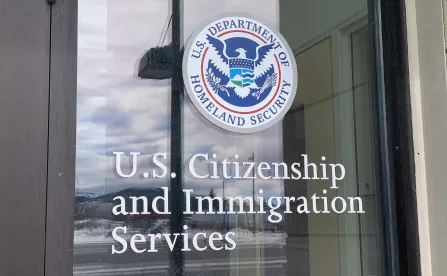USCIS shared updated guidance on how it will evaluate evidence for petitions seeking O-1B classification as individuals of Extraordinary Ability in the Arts or in the Motion Picture and Television Industry (MPTV).
The updated guidance, released on March 3, 2023, is found in the USCIS Policy Manual, Volume 2, Part M, Chapter 4 O-1 Beneficiaries.
While O petitions are specifically for those with extraordinary ability, the petitions can be a useful substitute for eligible individuals who are not eligible for or do not “win” an H-1B visa in the Cap lottery.
The guidance is effective immediately and seeks to assuage stakeholder concerns for better transparency in the application of evidentiary requirements for the O-1B classification, while making the adjudication process more consistent and predictable. Compared to the O-1A requirements (which are more straightforward), the O-1B criteria have long been considered amorphous and overlapping, creating some confusion as to the kinds of evidence needed to meet each individual requirement. The latest changes aim at demystifying this category and the types of evidence needed for each.
Key updates include:
1. A new O-1B Chart in the Appendix
(joining its previously issued O-1A sister Chart). The Chart provides examples of evidence for each O-1B criterion that may be used to satisfy the O-1B requirements. USCIS also provides extensive “relevant considerations” that it uses to evaluate the evidence.
2. Clarity on “comparable evidence.”
To use “comparable evidence,” a beneficiary must explain why a particular O-1B evidentiary category does not apply to their occupation and how their new evidence is comparable to that category. However, USCIS reiterates that, in order to use comparable evidence, the evidentiary category need not be completely inapplicable to the beneficiary’s occupation – it is enough for the beneficiary to demonstrate the O-1B is not “easily applicable” to the beneficiary’s profession.
The increased clarity of evidentiary requirements and a more streamlined and predictable adjudication pattern, we hope, will benefit employers wishing to sponsor O-1B candidates. Analyses of a particular candidate’s background to determine eligibility should become more precise and effective, allowing employers to make these sponsorship decisions with greater clarity as to a candidate’s chances of seeing an O-1 petition approved.



 />i
/>i
